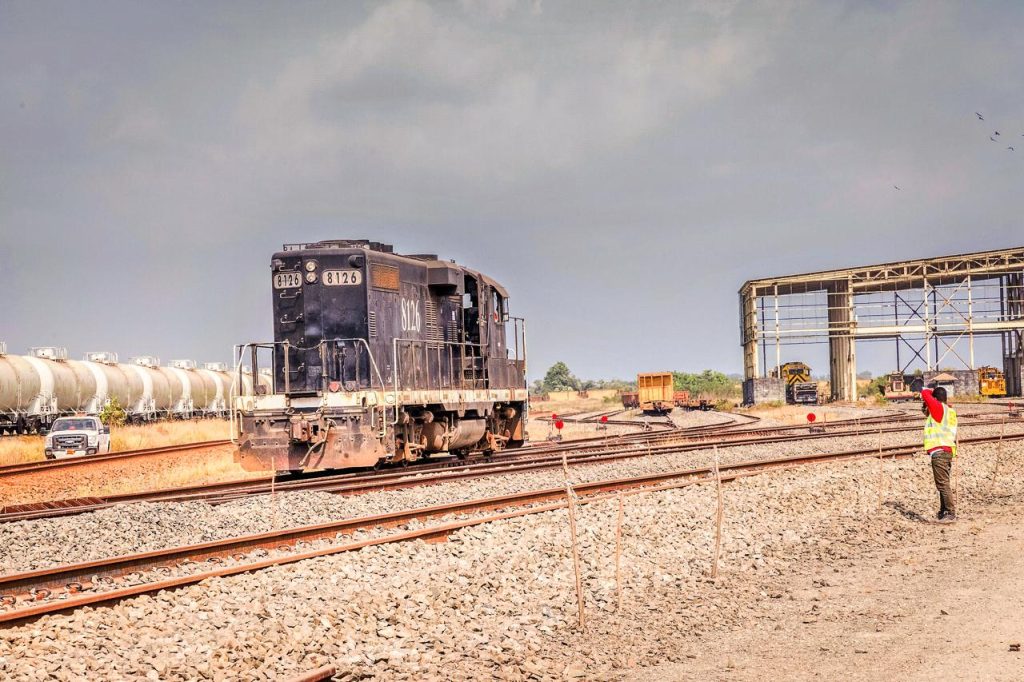The Liberian government’s decision to revoke ArcelorMittal Liberia’s (AML) operational rights to the Yekepa-Buchanan railway, a critical infrastructure asset for the nation’s iron ore industry, has ignited significant controversy and raised serious concerns about the country’s commitment to contractual obligations and investor protection. This reversal contradicts the Inter-Ministerial Concessions Committee’s (IMCC) prior affirmation of AML’s continued role as the railway’s operator, a decision reached after extensive negotiations and grounded in legal frameworks, economic logic, and Liberia’s long-term development goals. This reversal casts a shadow over Liberia’s investment landscape, potentially jeopardizing current operations and deterring future investors.
The IMCC’s initial decision was not arbitrary but the culmination of a meticulous seven-year negotiation process between the Liberian government and AML. This process resulted in the Rail System Operating Principles (RSOP), a comprehensive framework integrated into the Third Amendment of AML’s Mineral Development Agreement (MDA). The RSOP establishes a multi-user access model for the railway, regulated by the government, while preserving AML’s role as operator under a no-profit, no-loss structure. This model ensures transparency and accountability through a Joint Management Committee, grants the government audit and regulatory authority, and empowers the government to revoke AML’s operatorship for non-performance. The RSOP aligns perfectly with the spirit of Executive Order No. 136, which advocates for a multi-user rail system while explicitly recognizing the sanctity of existing agreements like AML’s MDA.
The Yekepa-Buchanan railway is not merely an infrastructural component; it serves as the lifeblood of Liberia’s iron ore industry. AML has invested substantially, over $800 million, in rehabilitating and expanding this vital corridor. The company’s nearly two-decade commitment to Liberia has yielded significant benefits, including employment for over 7,000 Liberians, substantial community development initiatives, and consistent contributions to government revenue. Revoking AML’s operatorship in favor of Ivanhoe Atlantic, an unproven foreign entity, undermines AML’s significant contributions and sends a chilling message to potential investors, portraying Liberia as a nation where contractual agreements can be disregarded for political expediency or external pressure.
This reversal is not just a policy misstep; it represents a breach of contract, a violation of the rule of law, and an erosion of investor trust. Liberia’s Constitution mandates that the state honor its contractual obligations, and the AML MDA remains a legally binding document. If the Liberian government genuinely believes that AML is no longer suitable as the rail operator, the proper recourse is to amend the agreement through mutual consent, not through unilateral revocation. This arbitrary action sets a dangerous precedent, potentially discouraging future investment and undermining Liberia’s economic development prospects.
The argument that AML’s role as operator precludes other companies from using the rail is simply unfounded. The RSOP explicitly ensures fair, cost-based access for all users, with robust government oversight. This framework embodies the very definition of a multi-user model, promoting competition and efficiency in the rail sector. Instead of penalizing AML, Liberia should be strengthening its partnership with a company that has demonstrated a long-term commitment to the country’s growth and development. Prioritizing a foreign newcomer over a proven investor not only jeopardizes existing operations but also casts a long shadow over future investment prospects, hindering Liberia’s economic progress.
To foster a prosperous and respected investment climate, Liberia must uphold the sanctity of contracts. The government should reconsider its decision and reinstate the IMCC’s well-informed and nationally beneficial determination to maintain AML’s operatorship under the legally sound, tested, and transparent framework of the Third Amendment and the RSOP. This is not merely about upholding a single contract; it is about upholding Liberia’s reputation as a reliable and trustworthy partner for international investment. The government must choose principle over political maneuvering, as the future of Liberia’s economy and its credibility on the global stage depend on it.


